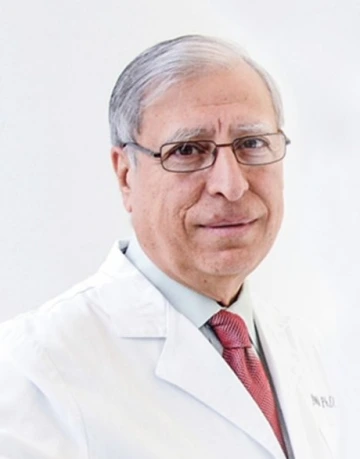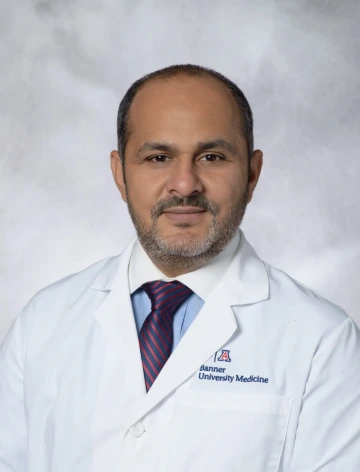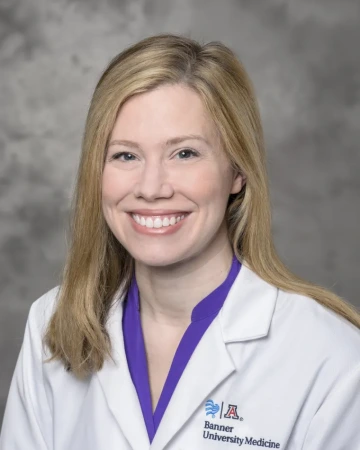Research Symposium
The Department of Surgery's annual Research Symposium brings together faculty, project scientists, residents, research fellows, post-doctoral scholars, and medical students who are interested in our research enterprise.
The main goals of this event are 1) prepare future leaders in surgical sciences research; 2) foster systematic and evidence-driven research; 3) incubate junior researchers for applying for research grants; and, 4) improve health outcomes among surgical patients through basic, clinical, and transitional research.
The Symposium consists of keynote lectures, oral sessions, quick shot presentations, and networking. It enables the sharing of research and accomplishments as well as the review of research being conducted by peers. Following each presentation, faculty and students alike can debate the research topic, ask questions, and provide commentary.
The program is planned and organized with the help of the Symposium Organization Committee that includes Dr. Kenneth Liechty, MD (Vice Chair of Research), Carlos Zgheib, PhD (Associate Professor), Abdul Tawab Saljuqi, PhD (Assistant Director of Research), Charlotte Smith (Department Administrator), Jessica Montoya (Administrative Operations Manager), and Emma Dickey (Marketing Specialist).
The Organizing Committee will prepare the call for abstracts, which will be disseminated through the DOS research newsletter and all DOS listservs two months before the Symposium. Abstracts will be reviewed by a group of experts from different research backgrounds ranging from basic science to clinical research to transitional research.
Join the Department of Surgery for the 2026 Research Symposium on Wednesday, May 13, in the Health Sciences Innovation Building forum.
This year, our keynote speaker will be Ali Naji, MD, PhD. For more information about our speakers, read below:




